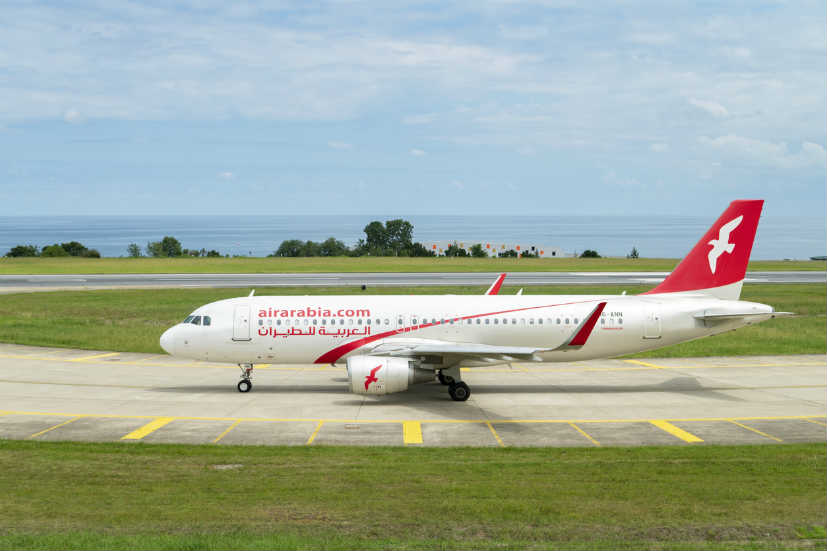Low-cost carriers (LCC) are driving growth in the Middle East aviation market, recording a 9.3 percent increase in seat capacity in 2019, according to the Centre for Aviation (CAPA).
LCC’s share of total seat capacity across the Middle East increased from 14.9 percent in 2018 to 16.5 percent in 2019, with a larger share of the region’s airline passengers opting to fly with low-cost airlines.
Over the next 12 months, LCCs are predicted to continue to chip away at their bigger rivals’ market share, with the Kingdom of Saudi Arabia’s LCC subsidiary flyadeal leading this trend — becoming the region’s largest airline by seats in 2019 and recording a capacity growth of 78.1 percent, according to the latest CAPA data.
Danielle Curtis, Exhibition Director ME, Arabian Travel Market, said: “Situated within eight-hours of two-thirds of the world’s population and located between the major cities of Europe in the northwest, the fast-developing East African cities in the west and India and Pakistan in the east – the Middle East is the ideal location to set up a budget airline, attracting passenger traffic from within the region as well as from across much of the eastern hemisphere.”
When compared to other parts of the world, there is plenty of scope for growth for the LCCs in the Middle East. According to Boeing, 33 percent of short-haul traffic globally is on no-frills airlines, led by Southeast Asia where the figure is 62 percent. Currently, in the Middle East this figure lies at 13 percent.
Supporting LCCs’ growth potential in the region, Air Arabia and Etihad Aviation Group announced strategic plans to launch a new budget carrier last October. Based out of Abu Dhabi Airport, Air Arabia Abu Dhabi will become the fifth airline to operate in the UAE — and become the capital’s first low-cost airline.
In the same month, Indian low-cost carrier SpiceJet announced plans to launch an airline that will be based at Ras Al Khaimah (RAK) International Airport following the signing of a MoU with the airport to start direct flights between RAK and New Delhi.
Meanwhile, Wizz Air, a Hungarian low-cost carrier and Abu Dhabi Developmental Holding Company announced in December that they had reached an ‘agreement in principle’ to set up a new airline in the UAE capital.
The new LCC’s first flight will focus on routes to destinations in Europe, with plans to branch out toward India and Africa in the long-term. It is expected to take off in the second half of 2020.
Curtis said, “The rise of LCCs in the region appears to be bringing some fresh momentum to the aviation industry, with research predicting 50 percent of airline traffic to be on routes of less than 2,000 miles by 2038, a trend which Airbus described as ‘fertile territory for the LCC business model’ in their most recent report.”

